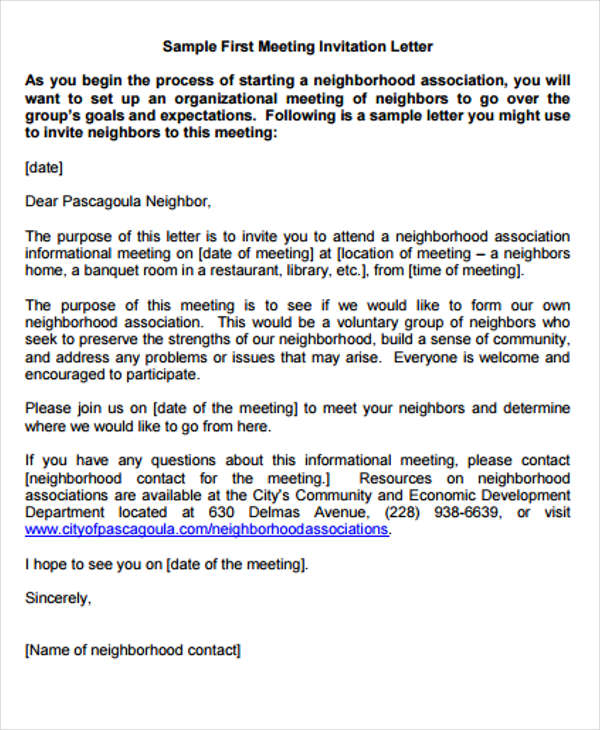

Not only do you need to find time to attend them, but it’s also important that you keep up on all the email correspondence that comes along with making those meetings happen. If you’re like most professionals or sending professional emails, you probably spend a huge chunk of your day dealing with meetings.

If there is an opportunity for confusion, clarify it as soon as possible otherwise, the confusion will remain and could worsen. Which also means that they’re usually not understood correctly at all. When statements are ambiguous, people fill in their own meanings in hopes of being understood correctly. It may be hard to write a meeting email because you don’t want to seem snarky, but it’s important that people know how you mean what you say.

This way, you get into conversation without seeming pushy or defensive. “ Do you need to hear my point before I move forward?”īut rather “ What is XYZ? I want to know what XYZ means.” The subject line of your meeting email should not read This can be done effectively through focused questioning or through dialogue. Meeting emails can be used as a means to build mutual understanding or despite each other’s differences in opinion. The recipient of the email will respond with their understanding, and the sender will rely on that response to reach their intended conclusion.


 0 kommentar(er)
0 kommentar(er)
